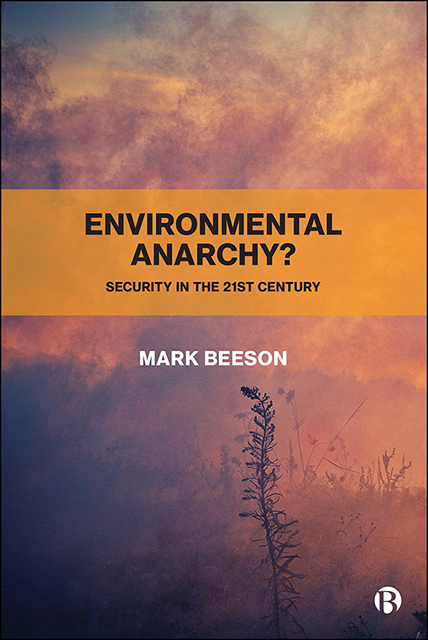Book contents
- Frontmatter
- Dedication
- Contents
- List of Abbreviations
- Acknowledgements
- Introduction
- 1 Getting Real: The Way the World Works?
- 2 Hope Springs? Peace, Progress and Pluralism
- 3 Environmental Security
- 4 The Psychological and Cultural Dimensions of Security
- 5 (Not So?) Grand Strategy
- 6 Unequal Security
- Conclusion
- Notes
- Index
Conclusion
Published online by Cambridge University Press: 18 April 2023
- Frontmatter
- Dedication
- Contents
- List of Abbreviations
- Acknowledgements
- Introduction
- 1 Getting Real: The Way the World Works?
- 2 Hope Springs? Peace, Progress and Pluralism
- 3 Environmental Security
- 4 The Psychological and Cultural Dimensions of Security
- 5 (Not So?) Grand Strategy
- 6 Unequal Security
- Conclusion
- Notes
- Index
Summary
We live in surprisingly turbulent times. To be sure, plagues, conflicts, even cataclysmic environmental change, are not unknown in human history. On the contrary, they are the familiar accompaniment to the struggle for existence that continues to define life for so many on our overcrowded planet. It is hard to think of a period of human history when at least part of the world hasn't been subject to some sort of apocalyptic crisis or another, not least because of pandemics. Whether it was ‘natural’, or the result of megalomania, miscalculation, or our collective mistreatment of the natural environment doesn't make a great deal of difference to those on the receiving end. Despite all the remarkable advances that have taken place in economic and broadly understood social development, for many people, life can still be ‘nasty, brutish and short’, as Thomas Hobbes cheerily observed. The good news is that there is nothing inevitable about anarchy, nor is it necessarily the best way of thinking about IR; the world is still surprisingly orderly and rule governed. The bad news is that actual anarchy or old-fashioned chaos and mayhem are real possibilities if we don't act collectively to address our common problems.
Realists might say that it was ever thus. And yet the remarkable thing about the times we inhabit is that, for a not inconsiderable number of people, something approaching ‘the good life’ is – or was – a reality. Significantly, in many parts of the world it is not only privileged elites who have benefited from the sorts of economic and technological developments that have underpinned truly astonishing increases in social welfare and standards of living. The fact that any society should have come to believe that this happy state of affairs is normal and likely to continue, and that it would be a major failure of public policy if it did not, is perhaps the most striking aspect of the recent interlocking crises that threaten to permanently upend our view of the future and our individual security.
- Type
- Chapter
- Information
- Environmental Anarchy?Security in the 21st Century, pp. 169 - 184Publisher: Bristol University PressPrint publication year: 2021



